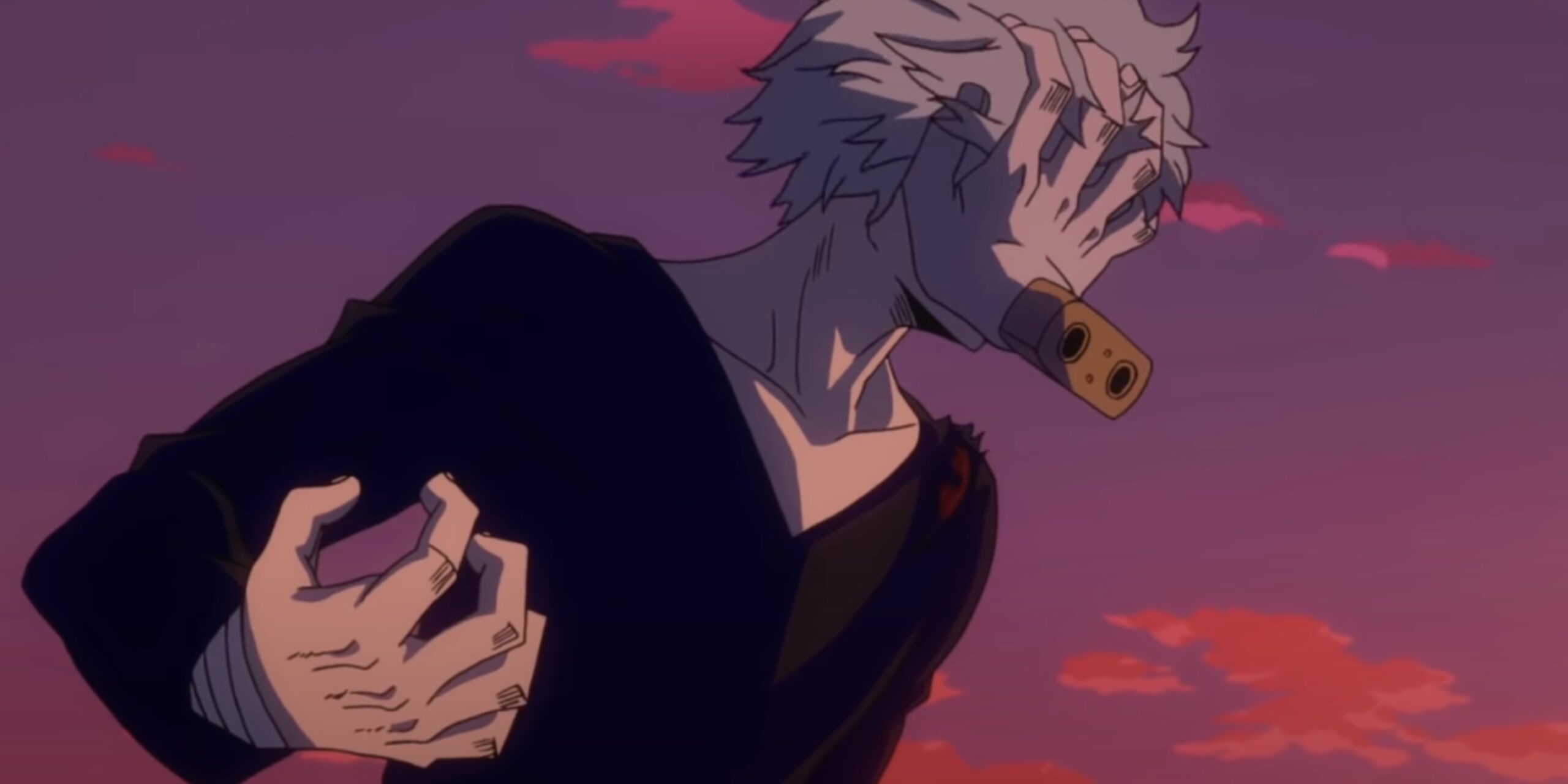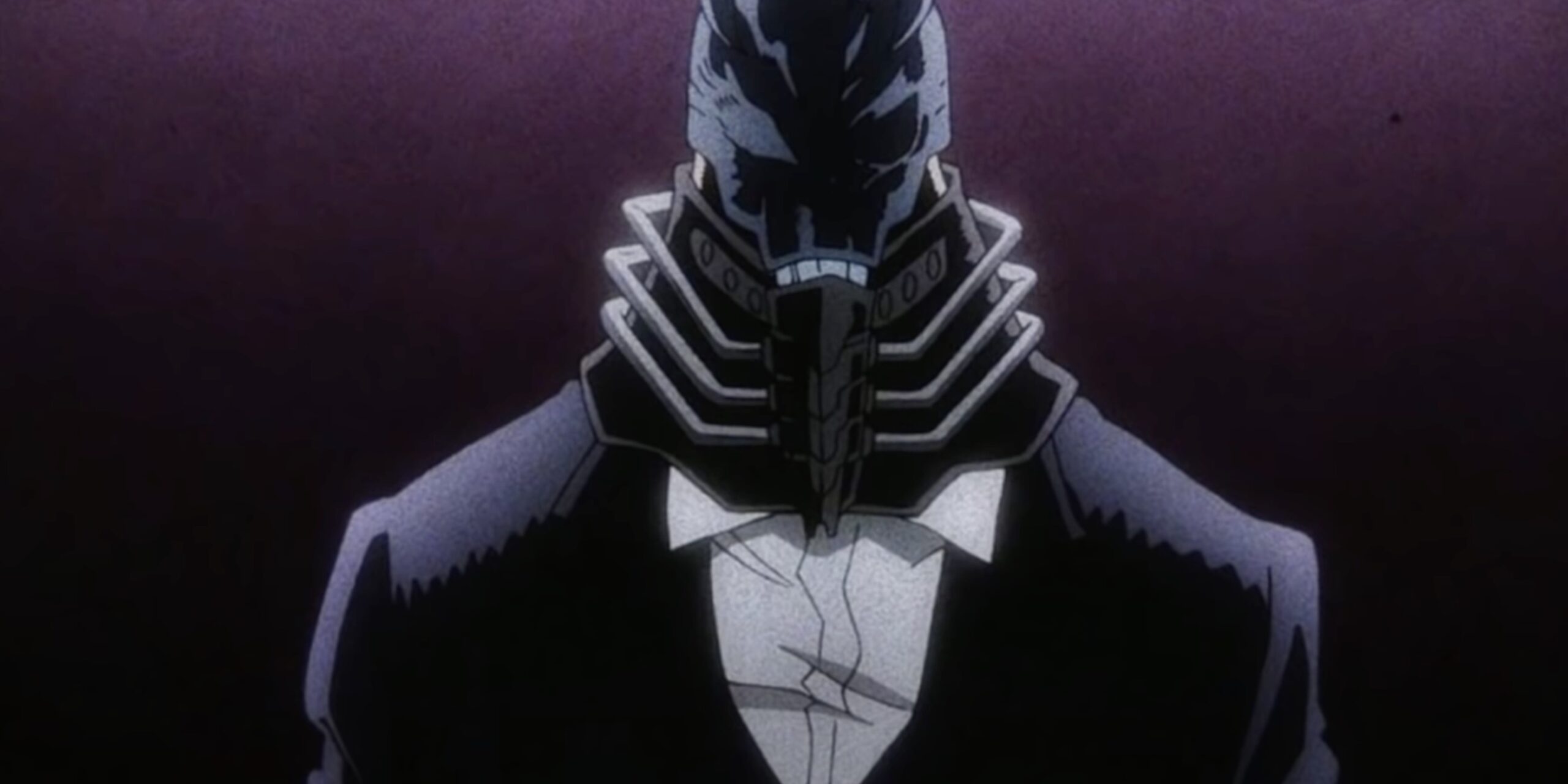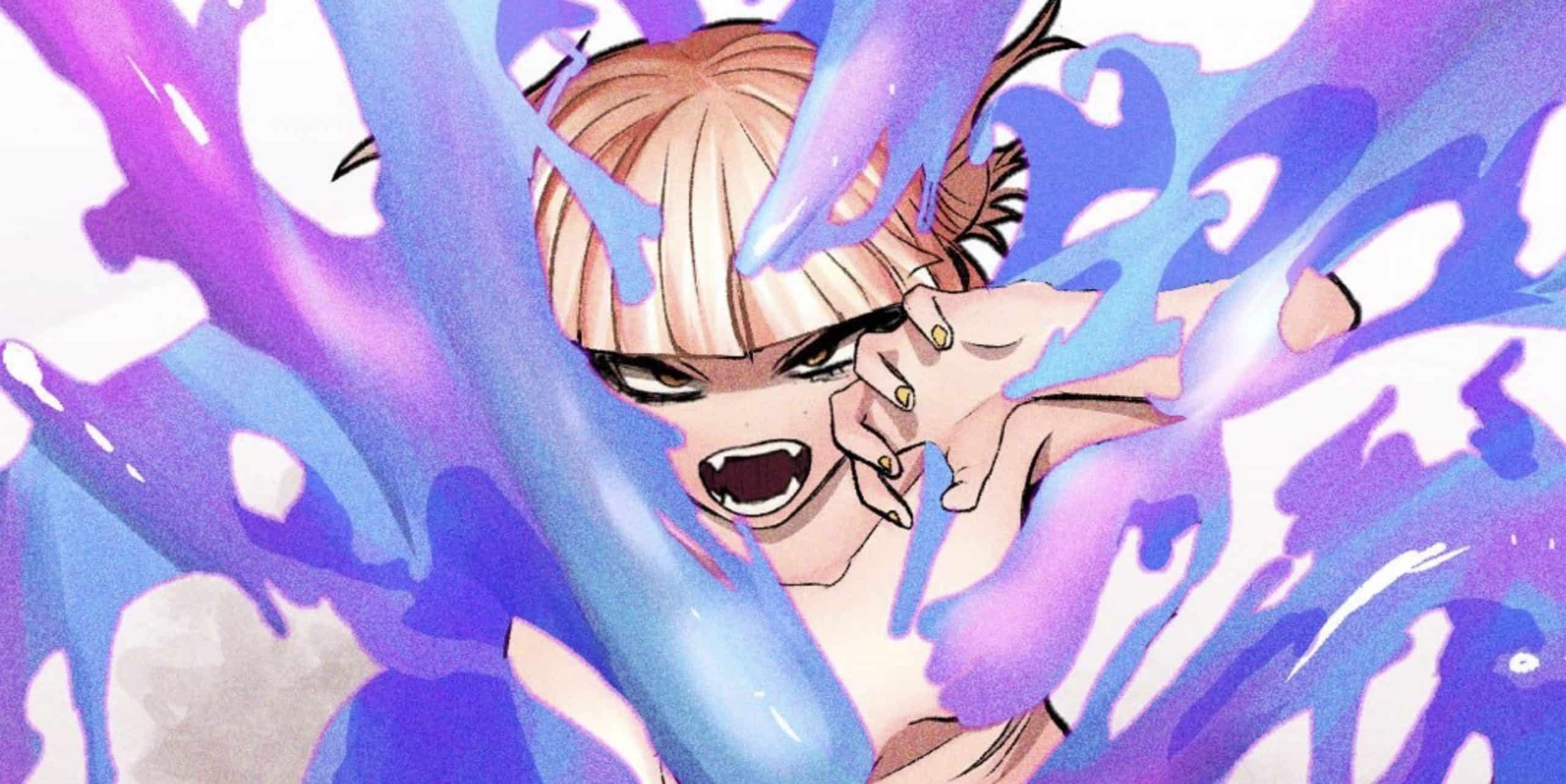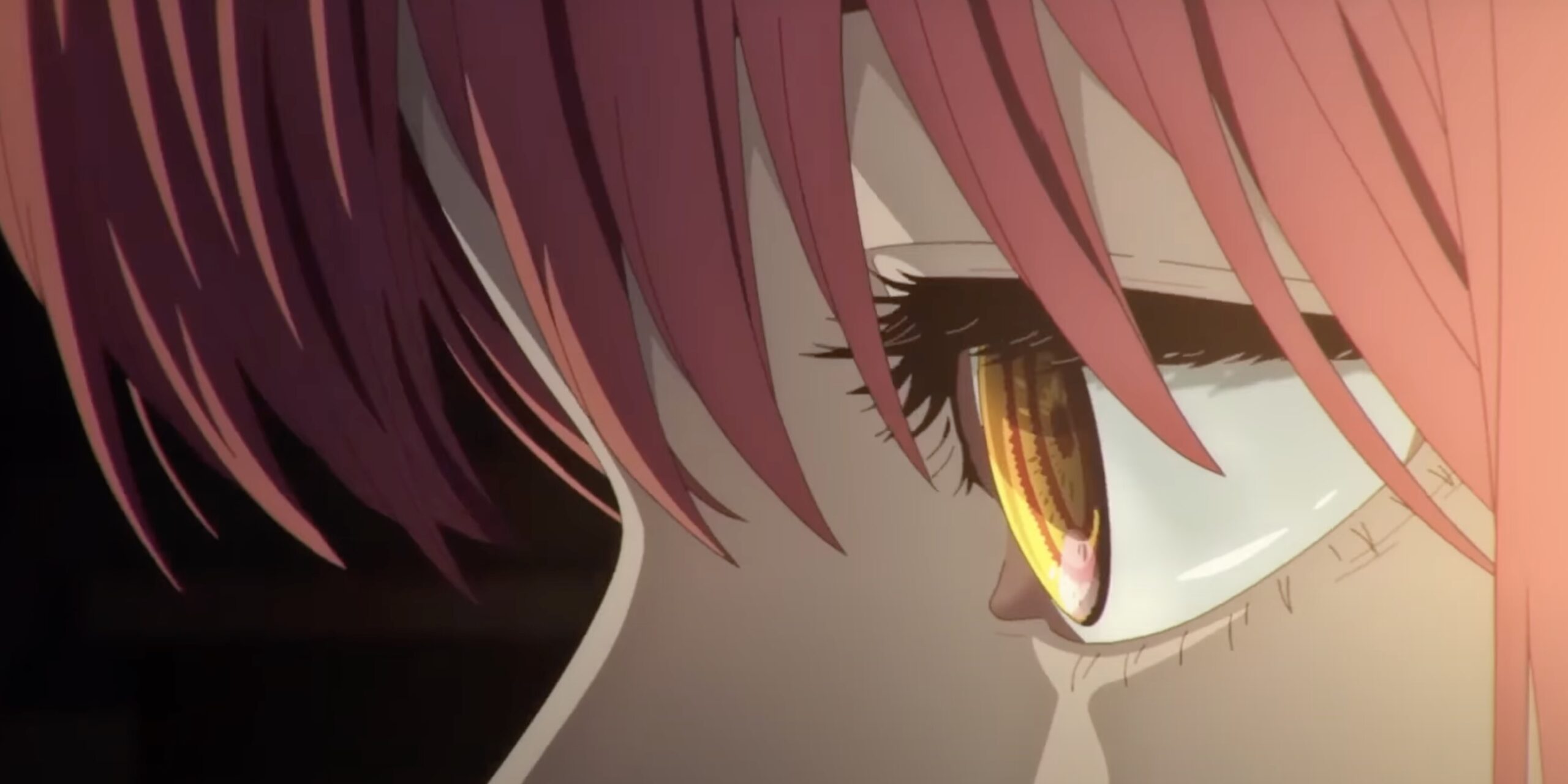The recent amendments made to Japan’s tax code concerning consumption tax have sparked apprehension amongst those involved in the manga and anime sectors. Effective in October, these revised statutes stand to directly impact the earning potential of the creative talent underpinning these iconic industries.
From animators and colorists to storyboarders and voice actors, many operating in manga and anime rely heavily on contract or freelance-based work. Now confronted by diminished compensation, some experts estimate up to 25% of this specialized workforce may soon exit Japan for greener pastures.
Potentially dealing a devastating blow, a mass exodus presents an existential threat for many studios big and small. Without the human craftsmanship foundational to their productions, survival becomes questionable even for well-established companies. In a worst-case scenario, the vibrancy of these uniquely Japanese art forms may be permanently compromised.
Although the broader business implications of the consumption tax changes have received attention, spotlighting the more immediate human impacts reveals deeper worries.

Will an entire generation of creators be financially forced to abandon the industry they love? And if so, can Japan’s proud heritage of manga and anime weather this storm? Only time will tell if the government has overplayed its hand.
Japan’s Manga and Anime Industries Grapple with Tax Amendments
The recent implementation of amendments to Japan’s Consumption Tax laws has sent ripples of concern throughout the country’s renowned manga and anime industries.
Slated to newly apply income taxes to the invoices of freelancers and sole proprietors, these regulatory changes directly threaten the livelihoods of the creators behind these iconic cultural exports.

Against the protests of industry advocates, the updated tax codes took effect this October. The fearful outlook from workers now facing heavier financial burdens adds gravity to last year’s warnings.
During a streamed press conference organized by the advocacy group STOP! Invoice, lobbyists piled criticism onto the legislative changes, foretelling the loss of businesses across the entertainment world.
A survey this year from prolific manga artist Reon Yutaka found that one-fifth of polled manga creators worried their studios teetered on the edge of bankruptcy as a result of the tax overhaul.
While larger establishments may weather the storm, many freelance animators, artists, and production assistants see no choice but to leave Japan for nations with less stringent tax requirements.

Expert projections estimate that up to 25% of Japan’s talented anime and manga workforce may soon reluctantly exit the industry altogether.
For mediums so reliant on human artistry, this poses an existential threat. Can Japan afford to lose a generation of skilled creators due to financial restrictions? Both iconic industries now confront deeply uncertain futures.
Chainsaw Man’s Tatsuki Fujimoto and My Hero Academia’s Kohei Horikoshi Might Be In Danger After New Japanese Law
Japan’s storied manga industry has long permitted creators to avoid the spotlight through the use of pseudonyms. Iconic artists like Chainsaw Man’s Tatsuki Fujimoto and My Hero Academia’s Kōhei Horikoshi have leaned on this cultural allowance to maintain privacy even amidst great success.

However, a seismic shift now threatens to tear down the barrier these artists have constructed against fame.
According to reports from Daily Dose of Anime, new taxation legislation in Japan will soon mandate all contractual work be registered under legal real names rather than creative pen names.
By removing the option to obscure their identities from tax collecting agencies, this qualified invoice system also eliminates mangakas’ ability to remain anonymous creators.
Industry insiders warn that the loss of pseudonyms may drastically alter the manga landscape. Many artists already feel immense pressure to output new hit series on grueling serial schedules.

Now, unable to avoid public recognition, the weight of attention both positive and negative might spur earlier retirements. Also uncertain is whether future aspiring mangakas will risk entering an industry soon to lose its shelter from notoriety.
While the full impacts remain difficult to predict, Japan’s treasured visual storytelling culture is clearly in flux. Forcing creators deprived of privacy into the open could have unintended consequences.
Some now ask – in a world without creative alter egos, will manga itself be irreparably altered?
What Fans Think About This Law?
The widespread use of pseudonyms across manga has long afforded reclusive artists creative freedom and peace from public pressure.
But Japan’s incoming qualified invoice system now threatens to erode the refuge of privacy these pen names provide.

While some fans poked fun at the impending unmasking of renowned yet elusive creators, most reactions reflected genuine concern.
Multiple online commenters highlighted the regrettable history of harassment, threats, and toxic attention often aimed at manga authors once visible to mass audiences.
Figures like Sui Ishida, the enigmatic creator behind Tokyo Ghoul, may soon lose the comforting veil of anonymity safeguarding them from further attacks.
Particularly distressed reactions centered upon artists who utilize ambiguous pen names to conceal aspects deeper than simply their legal names.




